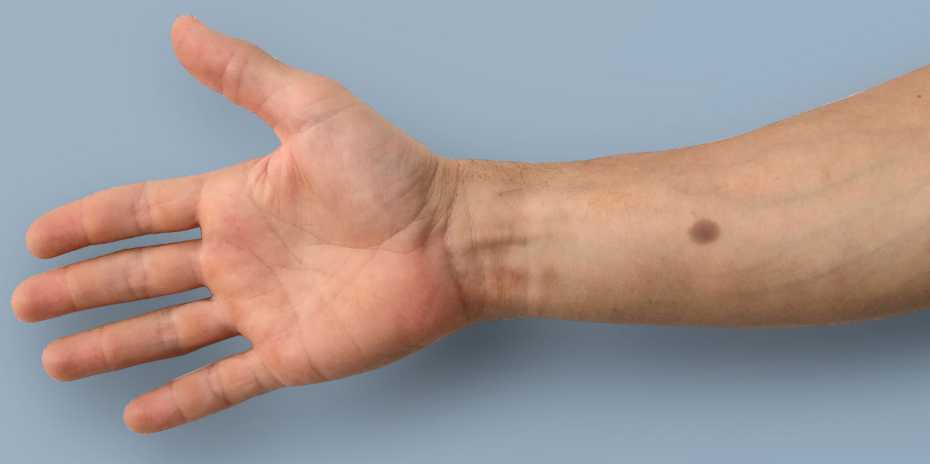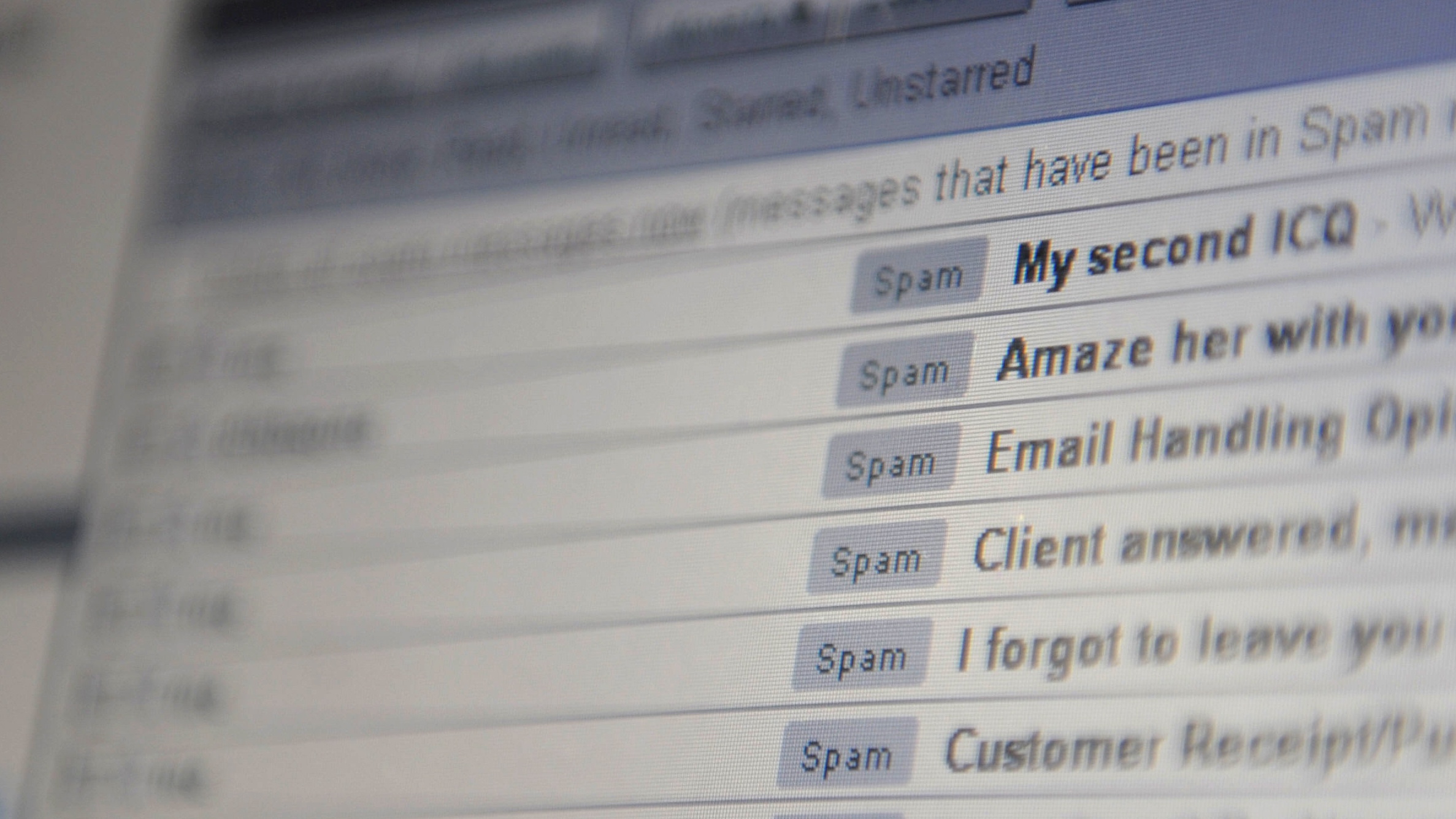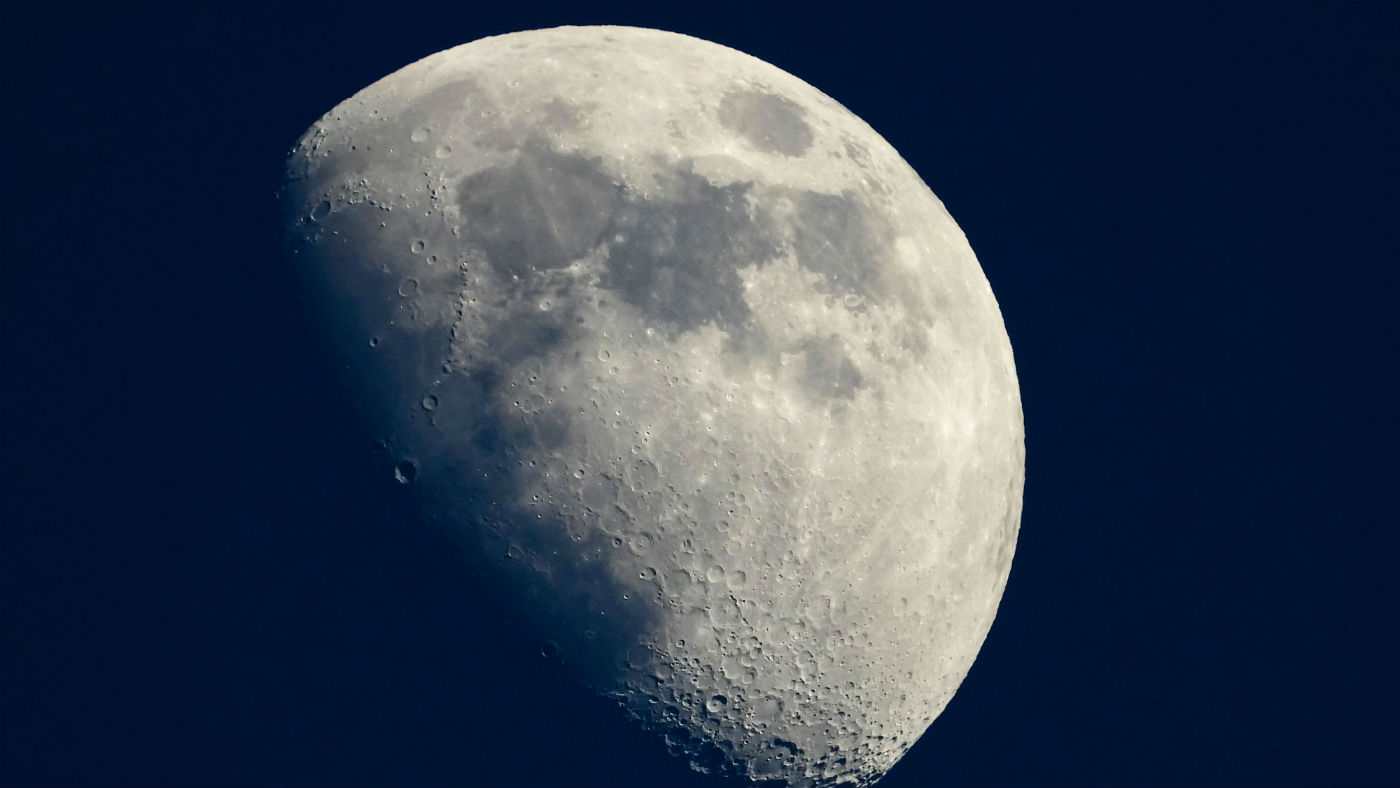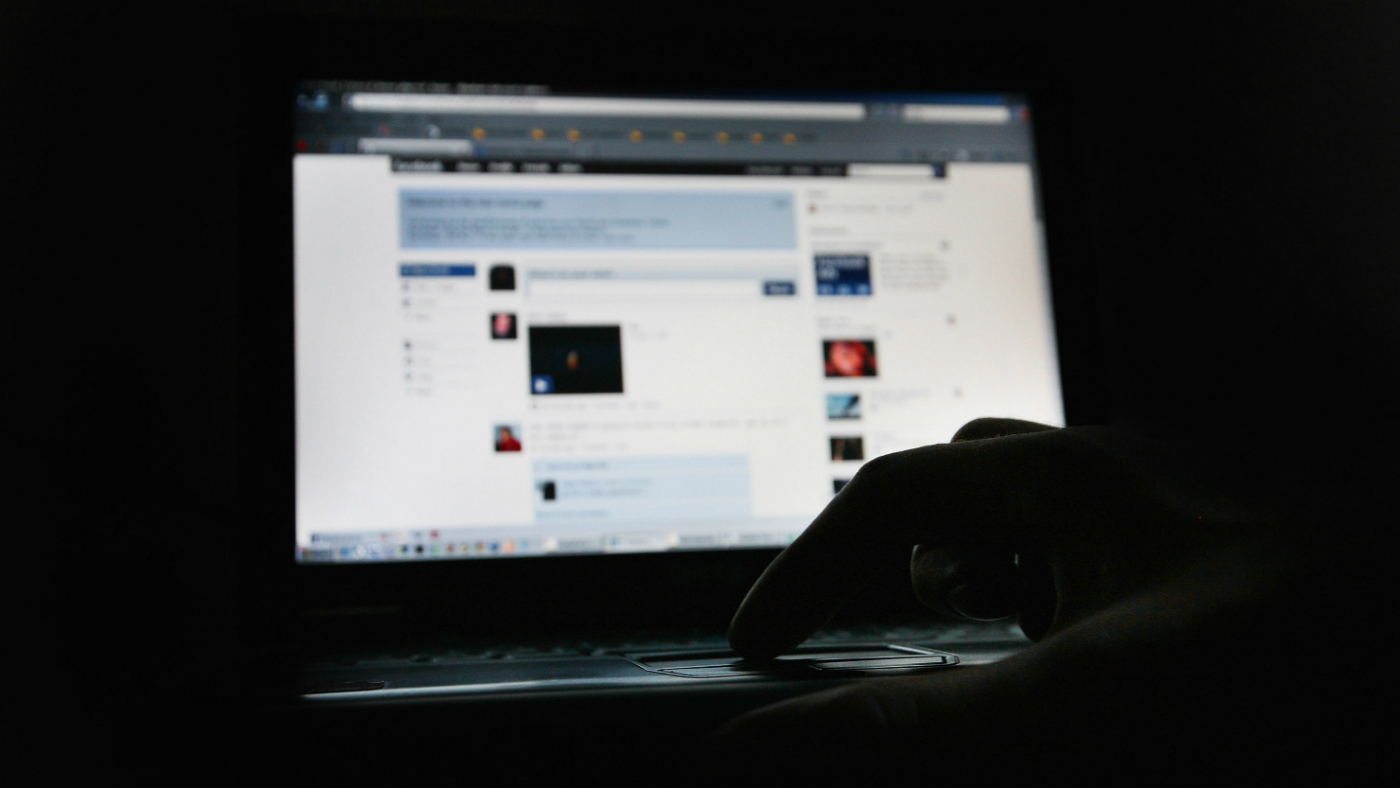Artificial mole gives early warning of cancer
Swiss scientists say they have created an implant that changes colour if changes in the body are detected

A free daily email with the biggest news stories of the day – and the best features from TheWeek.com
You are now subscribed
Your newsletter sign-up was successful
Scientists say they have developed an experimental artificial skin implant that may allow doctors to detect early warning signs of cancer.
The implant, or “biomedical tattoo”, was developed by scientists at the Swiss Federal Institute of Technology in Zurich and is designed to look like a mole which darkens in colour if it detects subtle changes in the body.
The “tiny patch lies under the skin and is made of a network of cells which constantly monitor calcium levels in the body”, says The Daily Telegraph. Calcium levels rise when a tumour is developing, and researchers say around 40% of cancers could theoretically be detected early on by using the implant.
The Week
Escape your echo chamber. Get the facts behind the news, plus analysis from multiple perspectives.

Sign up for The Week's Free Newsletters
From our morning news briefing to a weekly Good News Newsletter, get the best of The Week delivered directly to your inbox.
From our morning news briefing to a weekly Good News Newsletter, get the best of The Week delivered directly to your inbox.
It “detects all hypercalcemic cancers at a very early, asymptomatic stage,” lead author Martin Fussenegger told AFP. “If blood calcium levels remain high over longer periods of time, the calcium sensor in the biomedical tattoo cells produces an enzyme, tyrosinase, which converts the amino acid into the black skin pigment, melanin.”
If the wearer notices the spot darken, they should see a doctor to clarify the reason for the change and determine whether treatment is required.
Early detection of cancer increases the chance of survival significantly. For example, nearly all women with stage-one breast cancer survive for five years, but by stage four, survival falls to just 22 per cent, according to Cancer.org.
Fussenegger expects it would take “at least a decade” for the implant to reach the market due to funding issues.
A free daily email with the biggest news stories of the day – and the best features from TheWeek.com
-
 How the FCC’s ‘equal time’ rule works
How the FCC’s ‘equal time’ rule worksIn the Spotlight The law is at the heart of the Colbert-CBS conflict
-
 What is the endgame in the DHS shutdown?
What is the endgame in the DHS shutdown?Today’s Big Question Democrats want to rein in ICE’s immigration crackdown
-
 ‘Poor time management isn’t just an inconvenience’
‘Poor time management isn’t just an inconvenience’Instant Opinion Opinion, comment and editorials of the day
-
 How cybercriminals are hacking into the heart of the US economy
How cybercriminals are hacking into the heart of the US economySpeed Read Ransomware attacks have become a global epidemic, with more than $18.6bn paid in ransoms in 2020
-
 Language-learning apps speak the right lingo for UK subscribers
Language-learning apps speak the right lingo for UK subscribersSpeed Read Locked-down Brits turn to online lessons as a new hobby and way to upskill
-
 Brexit-hobbled Britain ‘still tech powerhouse of Europe’
Brexit-hobbled Britain ‘still tech powerhouse of Europe’Speed Read New research shows that UK start-ups have won more funding than France and Germany combined over past year
-
 Playing Cupid during Covid: Tinder reveals Britain’s top chat-up lines of the year
Playing Cupid during Covid: Tinder reveals Britain’s top chat-up lines of the yearSpeed Read Prince Harry, Meghan Markle and Dominic Cummings among most talked-about celebs on the dating app
-
 Brits sending one less email a day would cut carbon emissions by 16,000 tonnes
Brits sending one less email a day would cut carbon emissions by 16,000 tonnesSpeed Read UK research suggests unnecessary online chatter increases climate change
-
 Reach for the Moon: Nokia and Nasa to build 4G lunar network
Reach for the Moon: Nokia and Nasa to build 4G lunar networkSpeed Read Deal is part of the US space agency’s plan to establish human settlements on the lunar surface
-
 iPhone 12 launch: what we learned from the Apple ‘Hi, Speed’ event
iPhone 12 launch: what we learned from the Apple ‘Hi, Speed’ eventSpeed Read Tech giant unveils new 5G smartphone line-up
-
 Russian agency behind US election meddling ‘created fake left-wing news site’
Russian agency behind US election meddling ‘created fake left-wing news site’Speed Read Facebook says real reporters were hired by fake editors to write about US corruption